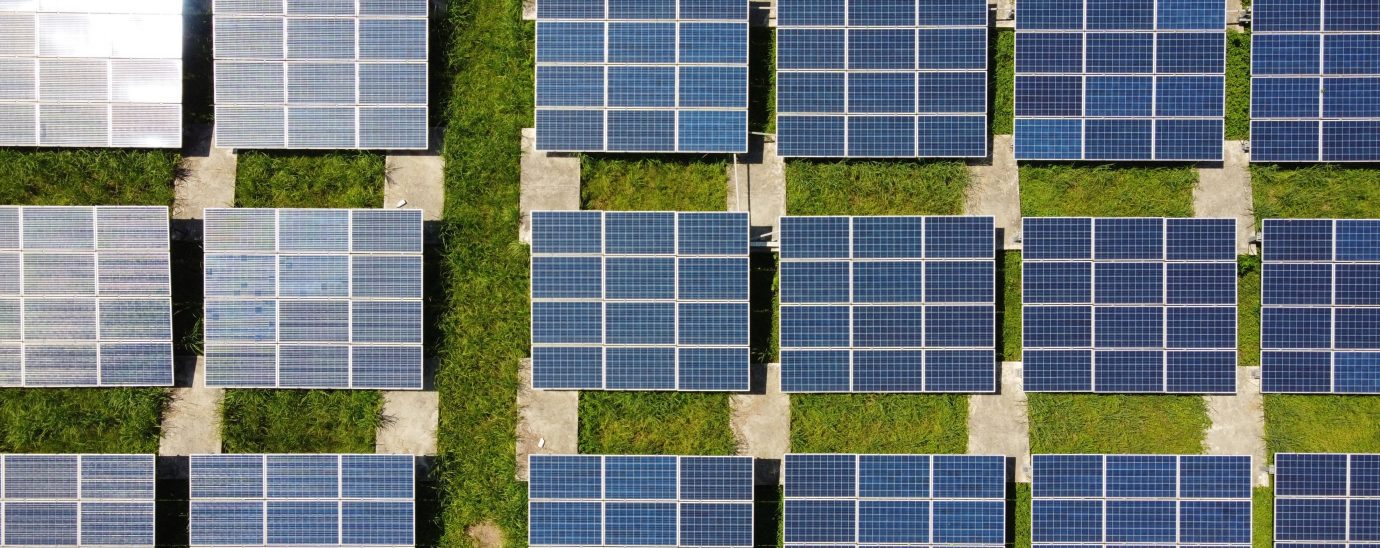What incentives are there for businesses to go solar in 2022?

Devin Partida, Editor-In-Chief at ReHack, takes a closer look at the incentives for businessess to go solar in 2022.
Today, more individuals are searching for sustainable goods and services to shrink their carbon footprints. Eco-consumer demands cause businesses to transition away from emission-producing practices. Many companies are supporting their sustainable manufacturing and distributing practices with renewable energy.
The solar industry experienced its most profitable year in 2020. Since then, it developed technological advancements and higher production rates. Specific incentives and government support are currently working to compel companies to go solar.
Support from the build back better plan
When Joe Biden took office, he created the Build Back Better plan, supporting sustainable development and employment. He additionally established a national carbon-neutrality goal, increasing the demand for emission-free energy sourcing. President Biden extended the solar tax credit to achieve these goals, increasing individuals’ and companies’ access to clean energy.
The coal industry employs nearly 160,000 workers, and the renewable energy sector supports 777,000 workers. There are also more job opportunities in clean electricity, so converting our power reliance towards green sources can improve employment opportunities and security.
Biden financially supports businesses’ adoption of solar energy with the Build Back Better plan’s sustainable investment. He distributed US$2trn throughout the renewable electricity sector and other climate change prevention efforts. Part of the funding supported the solar tax extension.
Tax extensions
One incentive pushing businesses to go solar is the solar tax credit. In 2021, individuals expected the credit to drop by 4%, as Congress previously stated. Minimizing the incentive would have reduced solar sales, increasing emissions and decreasing the nation’s sustainability.
This June, President Biden decided to extend the solar Investment Tax Credit (ITC) for an additional two years. Now, when companies purchase solar panels, they receive a 26% tax credit, enhancing the system’s affordability. They can set aside their financial gains, using them to pay off their initial purchase quickly.
Rebates and financial incentives
Another incentive for going solar is the state-by-state cash rebates. If a company is one of the first in its area to install solar, it may be eligible for a discount. Some rebates reach up to 20%, significantly minimizing the cost of a system.
Certain states also offer Solar Renewable Energy Certificates (SRECs). Businesses can sell their SRECs to utility companies, increasing the profitability of their systems’ excess power production. They also support the state’s sustainability levels by providing them with emission-free energy.
Many states recognize and reward companies for their clean energy production efforts. Additionally, companies are eligible for performance-based incentives (PBIs) after purchasing and installing solar systems. Like SRECs, PBIs pay businesses for the solar energy they produce.
The incentive provides companies with a routine check based on kilowatt-hour credits. Depending on the size of one’s solar array, one can generate a significant profit over time. Companies also improve their finances using solar by minimizing their utility costs.
Minimizing utility costs
Solar panels produce the most cost-effective electricity on the market. Business owners can benefit from minimizing their energy costs, putting their extra funds towards profitable endeavors. They may also use the money to pay off their solar loans, eliminating their electricity costs over time.
The size and price of a system determine the amount of time it takes a company to eliminate its utility costs. A 5-kilowatt version is $15,000 on average, helping individuals pay it off quickly. A 10-kilowatt system is about $22,500, increasing the time it takes a business owner to eliminate their energy costs.
Once companies pay off their systems, they can use their excess funds to support their workers, offering more extensive benefits. Financial and care benefits may improve a company’s ability to maintain consistent and reliable employment rates. Utilizing solar energy also improves consumer loyalty levels, increasing one’s profitability.
Supporting eco-consumer demands
Currently, 62% of Gen Z and Millennial customers prefer sustainable goods and services over ecologically degrading versions. Also, roughly 73% of Generation Z consumers are willing to pay higher prices for sustainably manufactured products. Businesses can remain competitive in their fields by catering to eco-consumer demands.
Over time, investing in renewable energy systems will improve the profitability of a company. It also increases its marketability, catering towards a booming target audience. Researchers predict a sustainable and circular economy will support industries in the future.
Companies can prepare for the mass shift towards sustainability by adopting renewable energy and other sustainable practices today. Consumers also search for goods and services with small carbon footprints. When businesses use solar energy to manufacture their products, they may develop low-carbon, sustainable options for customers.
Energy independence
Another solar incentive for business owners is energy independence. US companies lose $150bn in sales annually from power outages. As the global temperature rises and the frequency of natural disasters increases, individuals can expect the number of brownouts and blackouts to grow. Companies can limit profit losses associated with outages by installing solar panels.
Eliminating one’s reliance on the grid can improve their electricity reliability. It also gives businesses a leg up on their competitors. If they are the only ones open following a significant storm, their sales will increase.
READ MORE:
- Amazon becomes largest corporate buyer of renewable energy in the US
- World Environment Day: How tech can drive green energy growth
- Social justice and sustainability by leveraging data science and AI: Interview with Dr. Mahendra Samarawickrama
- Achieving sustainability in a digitally connected world
Why is it time-sensitive?
President Biden plans on accessing 40% of the country’s electricity from renewable sources by the next decade. Currently, a minimal number of clean electric grid systems are supporting national energy needs. These incentives help companies back President Biden’s plan to normalize solar electricity use and create more green jobs.
For more news from Top Business Tech, don’t forget to subscribe to our daily bulletin!
